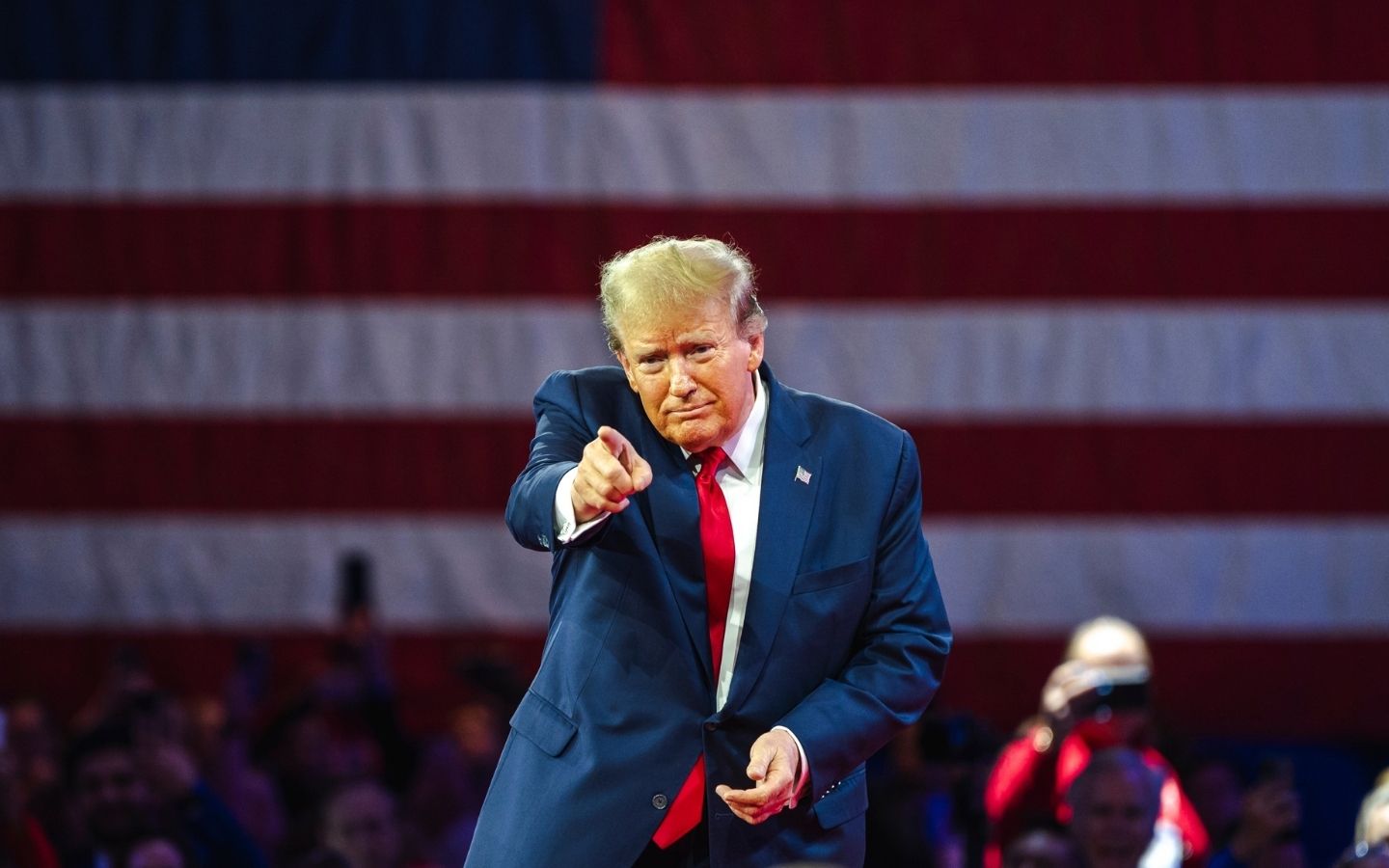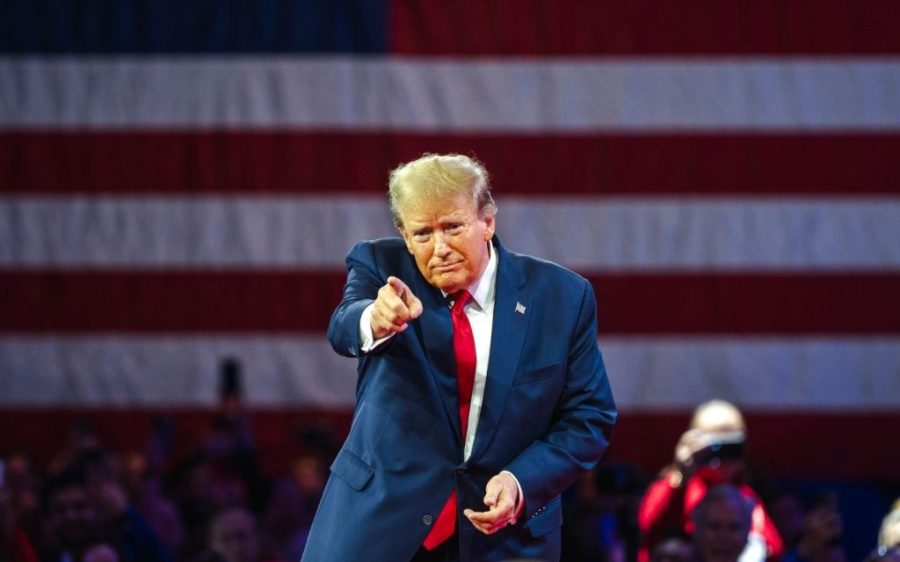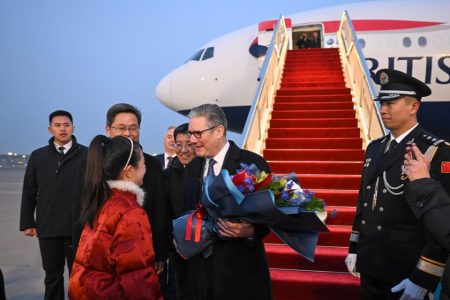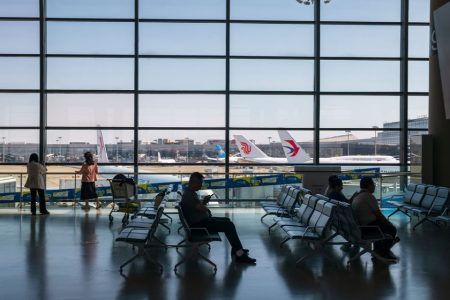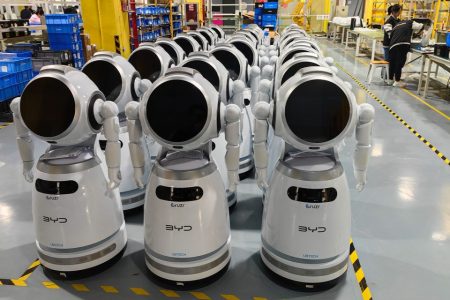As the US gets set for a second Donald Trump presidency, many closer to home are wondering what the property tycoon’s spectacular political comeback will mean for relations between Washington and its biggest strategic rival: China.
Trump’s mercurial conduct of foreign policy during his first term of office makes it hard to second-guess what stance he will adopt toward Beijing. In addition, his willingness to make overtures to leaders seen as America’s rivals – such as Vladimir Putin of Russia and North Korea’s Kim Jong Un – make it entirely conceivable that he will seek a rapprochement with President Xi Jinping, whom he called “a brilliant guy” in an interview last month with prominent podcaster Joe Rogan.
At the same time, Trump will sweep into the Oval Office next year on a tide of protectionist sentiment, and has already threatened to impose massive tariffs on Chinese imports – perhaps as high as 60 percent. Such a move will not only infuriate Beijing: it has the potential to reshape global supply chains and will have a negative impact on American consumers, who will have to shoulder much higher costs.
Jack Zhang, an assistant professor of political science at the University of Kansas, told the South China Morning Post that the move “would increase consumer prices, crush US wholesalers and retailers, and put pressure on US manufacturers that rely on components from China.”
In geopolitical terms, the hot-button issue for China will be Taiwan, and there is reason to believe that Trump will walk back the increasing engagement with Taipei that took place under the Biden administration. The incoming president is isolationist at heart and his willingness to question traditional alliances – especially on a cost basis – is well known.
[See more: Risk analyst predicts tough times for casinos under Sam Hou Fai]
Trump has already stated that Taiwan “doesn’t give us anything” and he can be expected to look with displeasure at the US$48 billion bilateral trade deficit with the island. In addition, Taiwan’s attempt to characterise itself as another Ukraine – the “heroic” David standing up to the “Goliath” of China – may have charmed the Biden White House but is likely to leave Trump unmoved. The next occupant of the Oval Office has already made it clear that he will dramatically reduce US support for Kyiv. Taiwan could find itself similarly abandoned, to Beijing’s enormous relief.
Locally, the hope is that Sino-US relations will not affect the huge American investment in Macao. Half of the city’s six gambling concessionaires have significant US stakeholders – Sands China, Wynn Resorts and MGM China.
A prominent risk analyst has already warned that Macao’s incoming chief executive, Sam Hou Fai, would “likely expedite measures forcing the six casino concessionaires to diversify and contribute more to social causes” in response to policy pressures from Beijing.
Charles Choy, chairman of the American Chamber of Commerce in Macao, told TDM yesterday that “With the density of US investment in Macao, I hope that with the new administration in the US, we can continue with good relations that would enhance our investors in Macao having positive growth in the city.”
One thing is certain. Even as global leaders line up to offer their congratulations to Trump, China, and many other countries in Asia, are bracing themselves for a rewriting of geopolitical rules.
